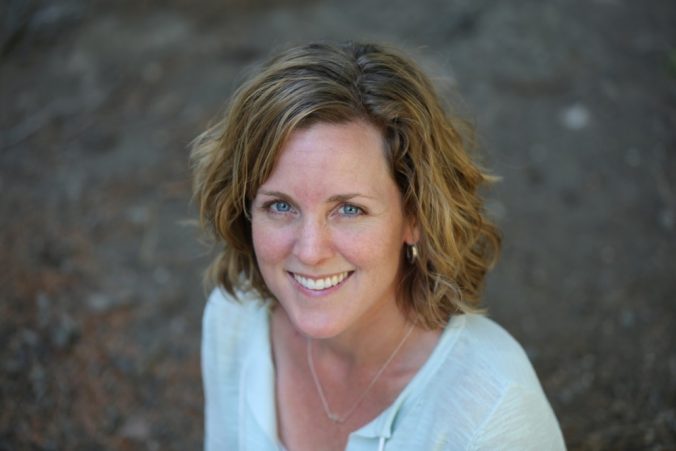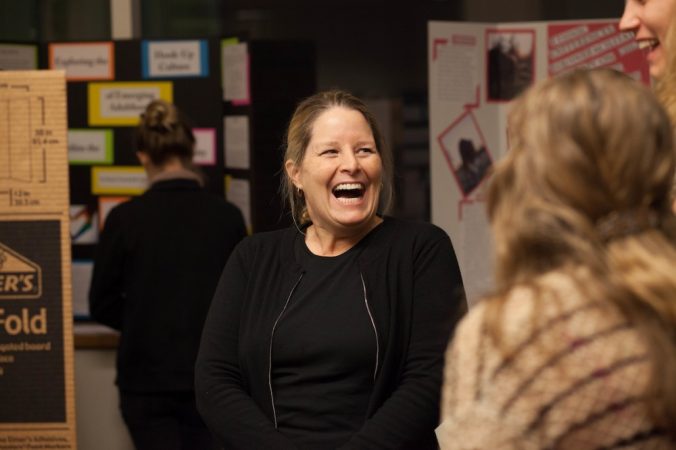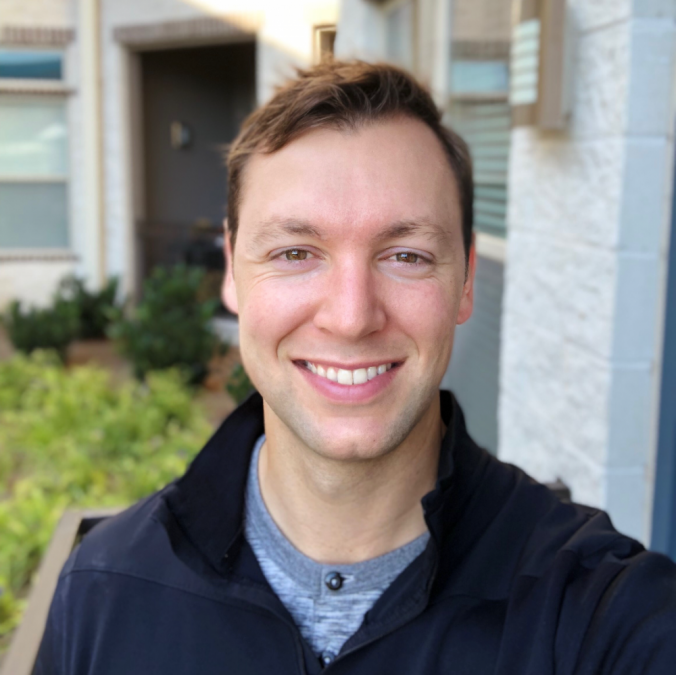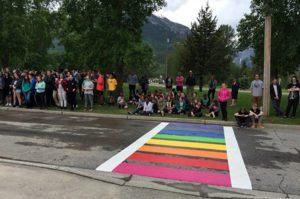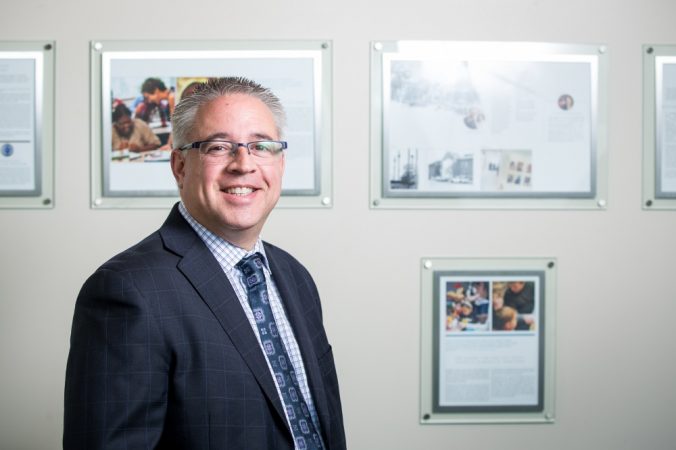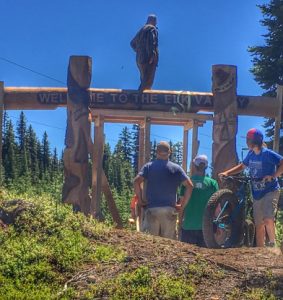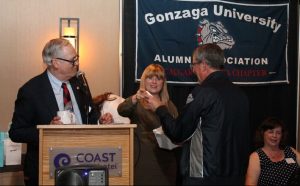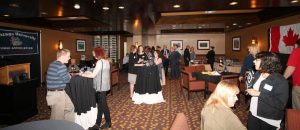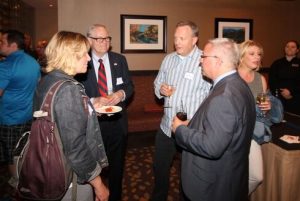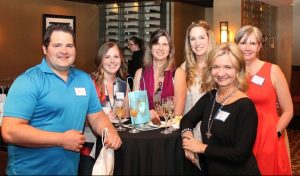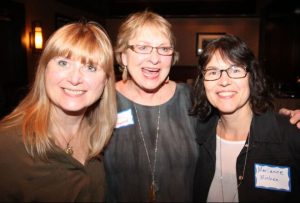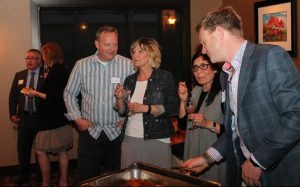Please tell us a bit about yourself:
I grew up south of here in Milton-Freewater, Oregon. I was raised riding horses and raising cows and graduated from DeSales Catholic School in Walla Walla, WA. I graduated from Gonzaga with a B.Ed. and M.Ed. in Special Education and from Washing State University with a Ph.D. in Teaching and Learning, emphasis Special Education. I have taught in schools here in Spokane, consulted with schools for over 22 years across the United States, and adjuncted and taught in higher education for about 14 years. I enjoy it all! I simply want to make an impact on future children and love doing it by working with teachers and those who want to become teachers. I have a husband, 3 daughters (one attends Gonzaga University in the School of Nursing), 2 chickens and a Springer Spaniel. I love anything outdoors and like to be physically active with boot camp, running, hiking, and skiing. I also have a passion for youth in Kenya, Africa and look forward to future work improving education in villages near Nairobi.
What does an average day in the School of Education look like for you?
An average day is spent teaching courses and meeting with students. In between I move between preparing for courses and meeting with colleagues. When I am not doing these things you can find me in schools working with teachers, supervising Gonzaga students, or working on research.
How did you find your way into your field and into teaching in a university setting?
When I was a college sophomore I was a business major. I wasn’t sure what I wanted to do with that degree so I spent a Christmas break in a veterinary clinic and a third grade classroom. I fell in love with the classroom. Since then, I have always loved the classroom. My favorite classroom is one with undergraduate students, in particular Gonzaga students. And no, I am not just saying that. I have specifically chosen to be here at this university. It is for this reason I pursued my Ph.D. and a position here at Gonzaga.
What is the most rewarding part of your day?
The best part of my day is when I am teaching students, meeting with students or with colleagues on a collaborative project.
Are you involved in other groups or organizations (on- or off-campus)?
I belong to professional organizations which include Council for Exceptional Children and their Teacher Education Division. I also belong to the Association for Supervision and Curriculum Development. I am a reviewer for Journal of International Special Needs. Locally I am a certified instructor and volunteer for Free Rein Therapeutic Riding program, which involves horse riding for children and adults with special needs. I am also a volunteer for Spring of Hope International an organization that raises money for a village in Kenya, Africa to support clean water, education, and sustainability.
Do you have a particular research area that you are interested in? Can you share something recent with us?
I am interested in many areas, but in particular Teacher Preparation and Universal Design for Learning. I am working on a publication from my dissertation recommending areas of focus for Special Education Teacher Preparation Programs and another one that recommends professional development practices for Special Education teachers. I have presented several times here on campus to faculty about making their instruction, materials, and documents accessible to all students in their classrooms. I am looking forward to including students here on campus in research related to this area.
What advice do you have for future practitioners in your field?
Pursue your passion if this is what God has called you to do and never, never stop learning. This field is everchanging and it is important to remain current. Teaching, whether regular or special education, is hard work but it is worth it. And, be sure to practice self-care and nurture relationships you have along the way. Achieving some kind of balance is critical to being an effective educator.
